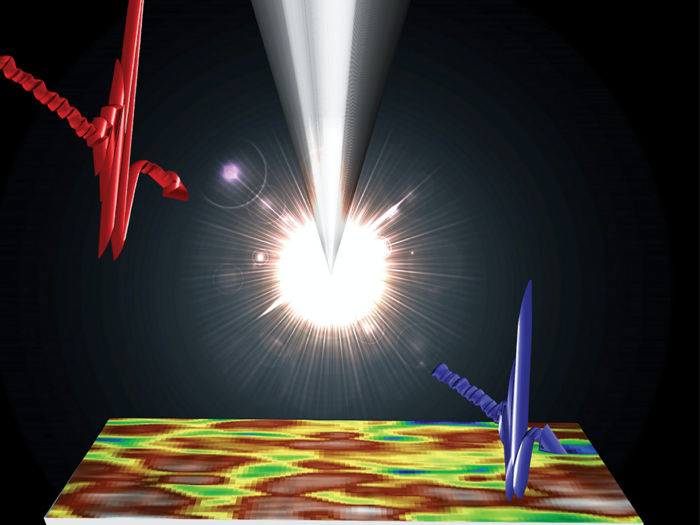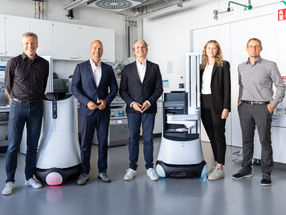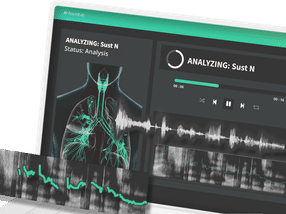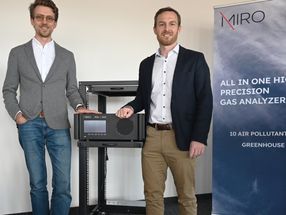Roche joins forces to innovate toxicity testing and to reduce animal experimentation
Roche opened the Joint Science & Technology Laboratory in Basel, where Roche Pharma scientists are using the innovative xCELLigence real-time Cell Analyzer system of Roche Diagnostics to investigate hepatic and cardiac toxicities in vitro. According to the company, this new technology will improve the predictive value of in vitro assessments of organ toxicity and help to reduce animal testing in toxicity research.
“New techniques such as Real-time cell analysis with the xCELLigence system will accelerate the ability to identify the toxic potential of a compound at an early stage of drug development, which supports also Roche´s 3Rs concept of Reducing, Refining, and Replacing animal experimentation,” stated Thomas Singer, Head of Global Non-Clinical Safety at Roche Pharma.
The non-invasive and label-free xCELLigence technology is based on measuring the impedance of cells: The variations in electrical resistance are caused by changes in numbers, adhesion or shape of the cells. The data from the xCELLigence real-time impedance measurement, combined with molecular profiling of the toxic effects of compounds on cardiomyocytes and hepatocytes, will be compared to conventional cell biology assays and molecular endpoints. Based on this platform, the goal is to develop new prediction methods for target organ toxicity in vitro and identify new cellular biomarkers for toxicity prediction.
Topics
Organizations
Other news from the department research and development

Get the analytics and lab tech industry in your inbox
By submitting this form you agree that LUMITOS AG will send you the newsletter(s) selected above by email. Your data will not be passed on to third parties. Your data will be stored and processed in accordance with our data protection regulations. LUMITOS may contact you by email for the purpose of advertising or market and opinion surveys. You can revoke your consent at any time without giving reasons to LUMITOS AG, Ernst-Augustin-Str. 2, 12489 Berlin, Germany or by e-mail at revoke@lumitos.com with effect for the future. In addition, each email contains a link to unsubscribe from the corresponding newsletter.
Most read news
More news from our other portals
See the theme worlds for related content
Topic World Cell Analysis
Cell analyse advanced method allows us to explore and understand cells in their many facets. From single cell analysis to flow cytometry and imaging technology, cell analysis provides us with valuable insights into the structure, function and interaction of cells. Whether in medicine, biological research or pharmacology, cell analysis is revolutionizing our understanding of disease, development and treatment options.

Topic World Cell Analysis
Cell analyse advanced method allows us to explore and understand cells in their many facets. From single cell analysis to flow cytometry and imaging technology, cell analysis provides us with valuable insights into the structure, function and interaction of cells. Whether in medicine, biological research or pharmacology, cell analysis is revolutionizing our understanding of disease, development and treatment options.
Last viewed contents
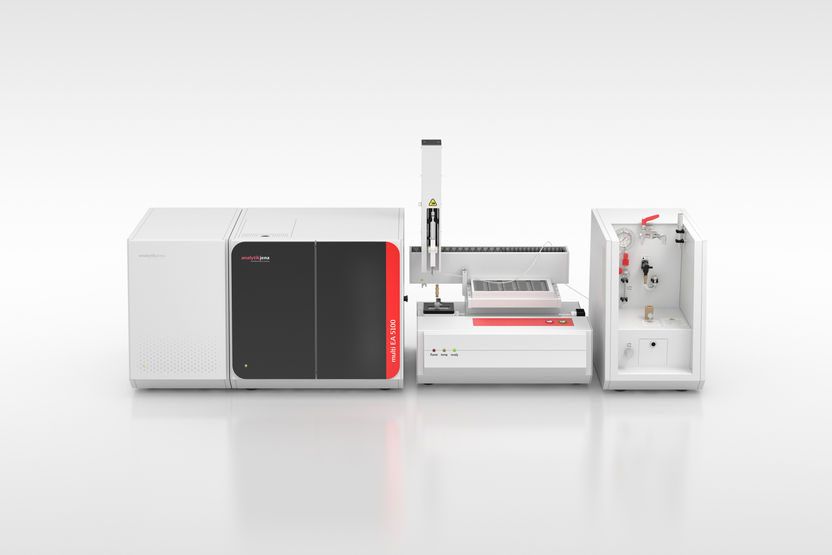
multi EA 5000 | C/N/S/X analyzer | Analytik Jena
SeraCare Receives NIH Grant for Recent HIV Infection Rapid Test and Incidence Panels - Joint Project with Immunetics Aims to Improve Estimates of HIV Incidence
Exonhit presents new opportunities in blood diagnostics in neurodegenerative diseases - Identification of new markers for BSE in collaboration with Roche Applied Science

New tests identify very early changes in Alzheimer's disease before symptoms appear
Engineers develop method to disperse chemically modified graphene in organic solvents
